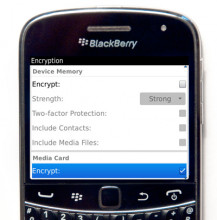Cryptographic algorithms are high-performance, secure engines that require considerable space in a design. When countermeasures are added to thwart security attacks, the space and memory requirements grow even more demanding.
For these reasons, cryptographic algorithms have traditionally been embedded as proprietary designs (i.e., intellectual property, IP) in hardware on smart cards or 8-bit chips. With recent improvements in core design and frequency performance, designers are now asking whether the customized IP blocks are still needed for these secure algorithms.













































































